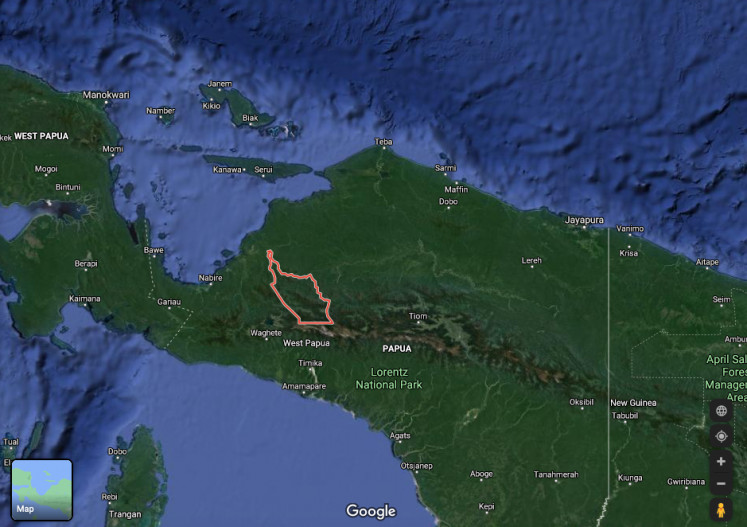Coverage for people with HIV/AIDS must be clear
To ensure that HIV/AIDS sufferers can also enjoy the benefits offered by the National Social Security System (SJSN), the government needs to specify the protection scheme covering this sexually-transmitted disease, experts say
Change text size
Gift Premium Articles
to Anyone

T
o ensure that HIV/AIDS sufferers can also enjoy the benefits offered by the National Social Security System (SJSN), the government needs to specify the protection scheme covering this sexually-transmitted disease, experts say.
Universal health coverage mandated by the 2011 Social Security Providers (BPJS) Law is expected to come into effect by January 2014. HIV/AIDS is among the ailments that will be covered and yet, details of the coverage are unknown.
“We should be very specific about the benefit package to ensure that those affected are aware of their entitlements,” Valérie Schmitt, a social security specialist with the International Labor Office (ILO), said at a workshop on Thursday.
ILO country director Peter van Rooij added, “Bureaucratic procedures and discriminative regulations are still a barrier for people with HIV infections to access social protection programs.”
According to ILO data, around 59 percent of Indonesians are already covered by social protection schemes. Of all the protection schemes, however, only Jamsostek has introduced an HIV benefit package.
“In this regard, I want to stress that 41 percent of the population in Indonesia has no access to health insurance or social protection. It means that 41 percent of the population is not covered for healthcare in relation to health issues, including HIV/AIDS,” said Schmitt.
A UN report published Tuesday shows that the rate of new HIV infections in Indonesia increased by more than 25 percent between 2001 and 2011, while the coverage of HIV-prevention programs for homosexual men and sex workers in the country stood at under 25 percent.
Speaking at the workshop, Health Minister Nafsiah Mboi said that health care coverage should not contain provisions discriminating against people with HIV. “There is no need to discriminate, including against HIV-infected people,”
she said.
HIV screening, antiretroviral treatment for HIV-positive patients and mother-to-child transmission prevention were among the intervention measures introduced by the health minister as part of the BPJS HIV package.
Speaking to journalists, Nafsiah said the government remained committed to providing people with universal access to HIV prevention programs, treatment, care and support.
“People must learn, however, how to be more responsible in defending themselves against HIV by avoiding risky sexual behavior and practicing only safe, protected sex,” she said.
As the end of support by the UN-backed Global Fund draws near, the country may face a serious financial burden if it does not focus on preventive action, which is much more cost effective in tackling the disease.
“If coverage for HIV-prevention programs for key populations remains low, we will see that by 2020 the HIV prevention and control budget will increase to US$220 million per year. How do you think we can pay such a huge amount of money when the Global Fund is offering no further financial support in 2015?” asked Nafsiah.









